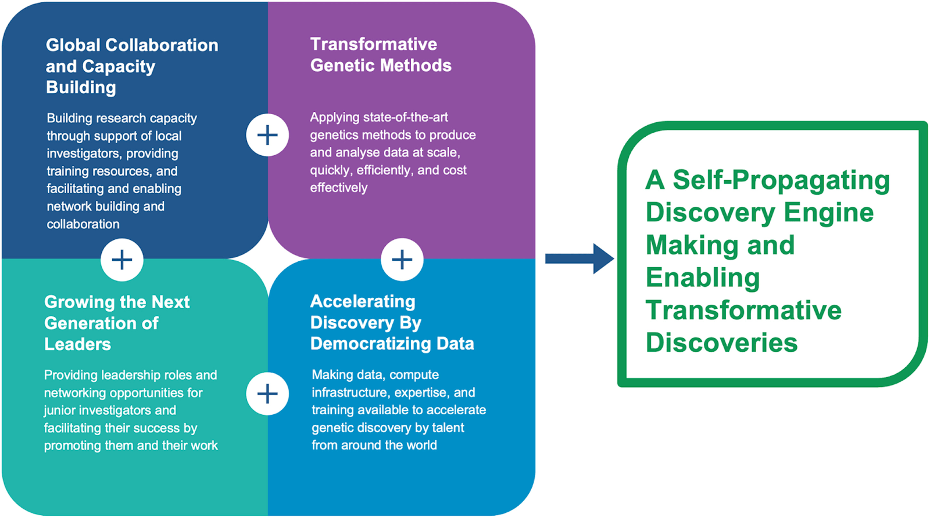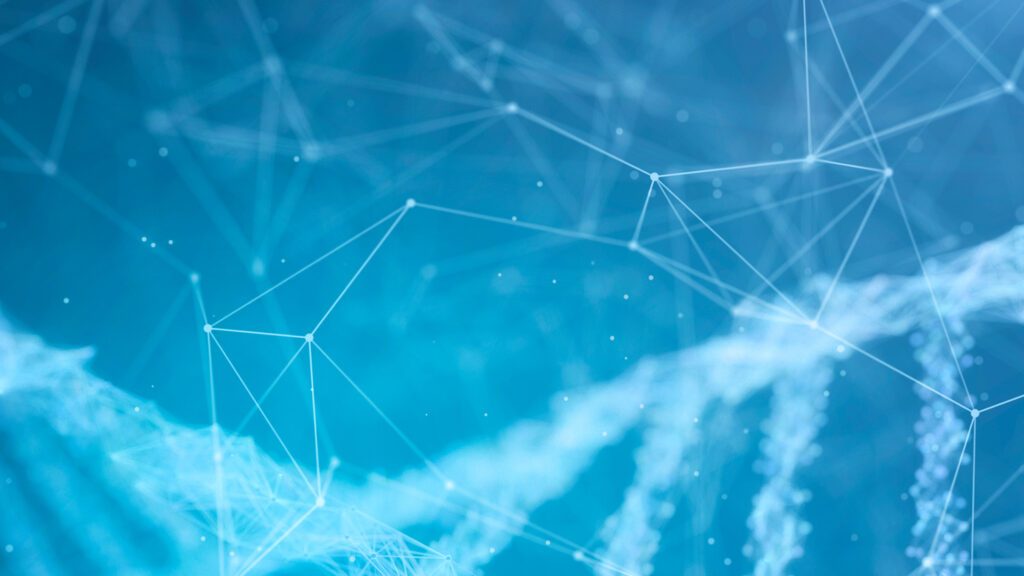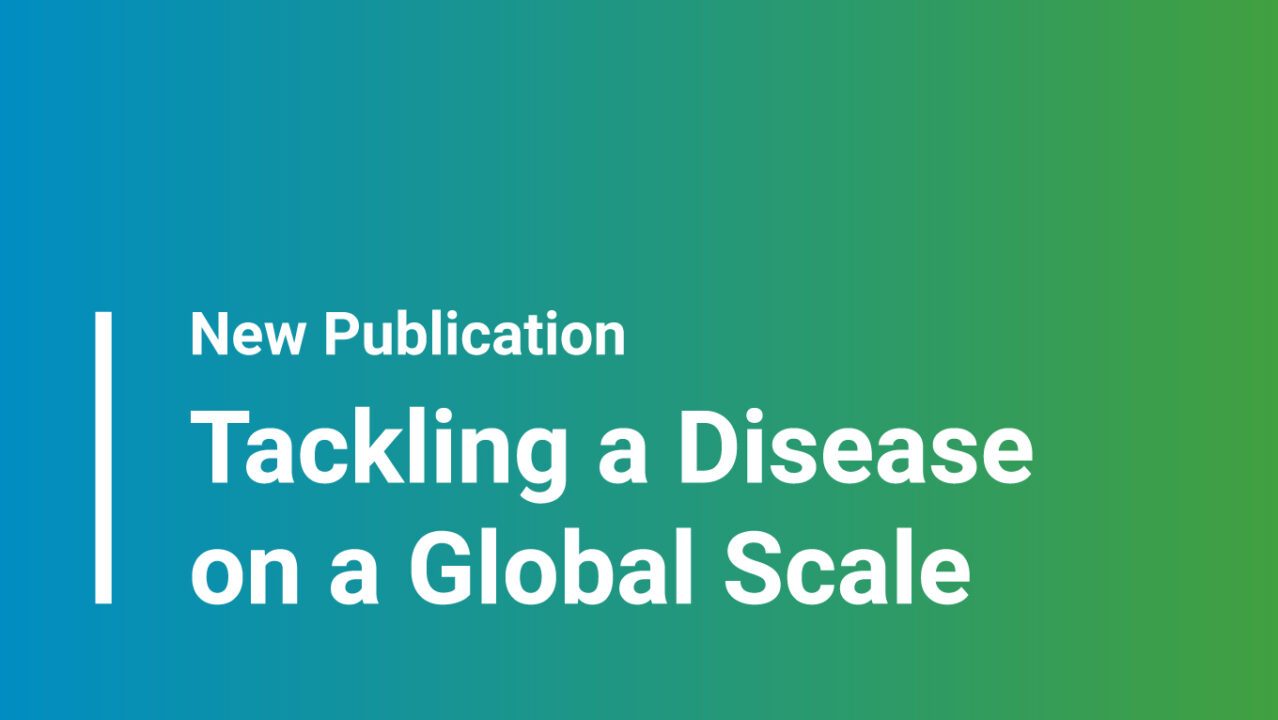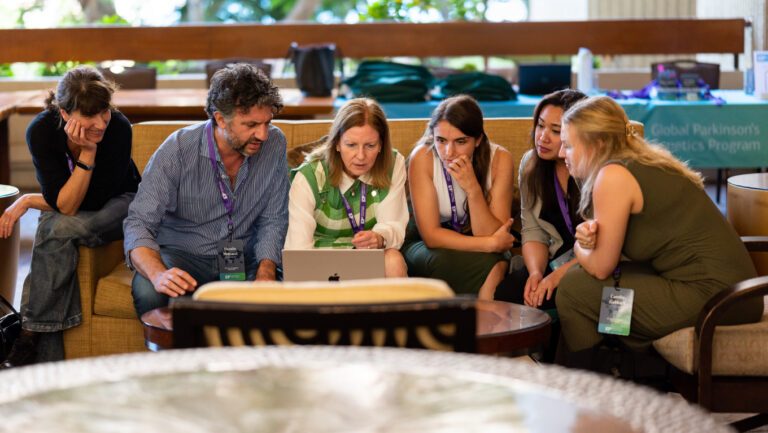It’s been over five years since the Global Parkinson’s Genetics Program (GP2) undertook the immense challenge of building a global genetics research collaborative to accelerate Parkinson’s disease discovery. Back then, Parkinson’s disease was (and still is) the world’s fastest-growing neurodegenerative disorder, and yet our understanding of its underlying genetics was limited. What we did know was mostly based on data from people of European ancestry.
Today, with over 300 research groups contributing data from 70+ countries and expecting samples from more than 265,000 volunteers, we can proudly say that GP2 is expanding Parkinson’s disease research, and in the process, reshaping what we know about the disease.
For example, our work has identified novel genetic risk factors in African ancestry populations, including a non-coding variant in the GBA1 gene that reveals a new mechanism of disease, opening the door to targeted therapies and clinical trials that are tailored to specific genetic causes that are specifically found in certain genetic ancestries. As we continue to expand our dataset and refine our analyses, we expect to validate and replicate emerging genetic findings while uncovering dozens more risk variants and causal genes that will deepen our understanding of the disease’s biology and increase our collective confidence in Parkinson’s disease genetic targets.
GP2 is more than a data collection effort – it’s a new way of doing science and supporting scientists and research where it is most needed. We’re training hundreds of researchers globally, fostering collaboration and networking, and providing access to powerful research tools. This work empowers scientists from around the world, especially those from traditionally underrepresented areas, to uncover the next Parkinson’s disease breakthrough. Importantly, Parkinson’s disease is a global challenge that requires a global solution. If we hope to develop therapeutics for everyone affected by this condition, both now and in the future, we must understand the disease in all individuals who have it or will develop it across the world.

In a paper co-authored with fellow GP2 colleagues published in American Journal of Human Genetics, “Tackling a Disease on a Global Scale, the Global Parkinson’s Genetics Program, GP2: A New Generation of Opportunities” we provide a detailed look at GP2’s journey, discuss GP2 as a model for global collective research, and make the case to strive to understand disease in every population. We invite you to read it and join us in building a future where Parkinson’s disease research truly is global and it takes us on a faster track to finding a cure.







